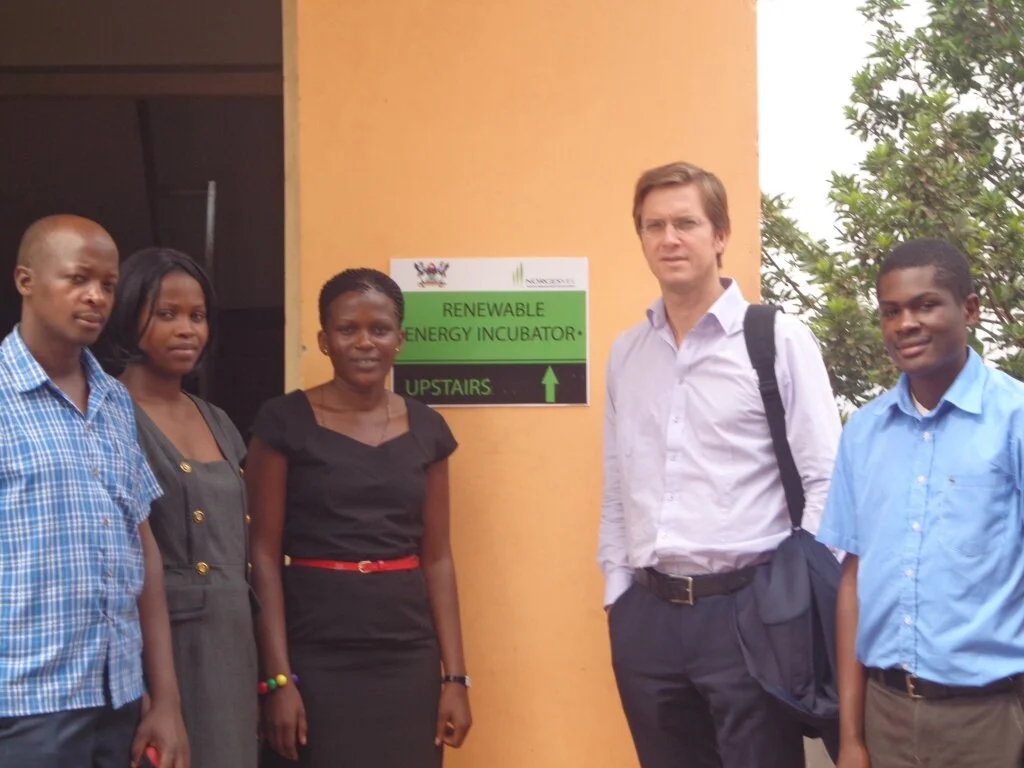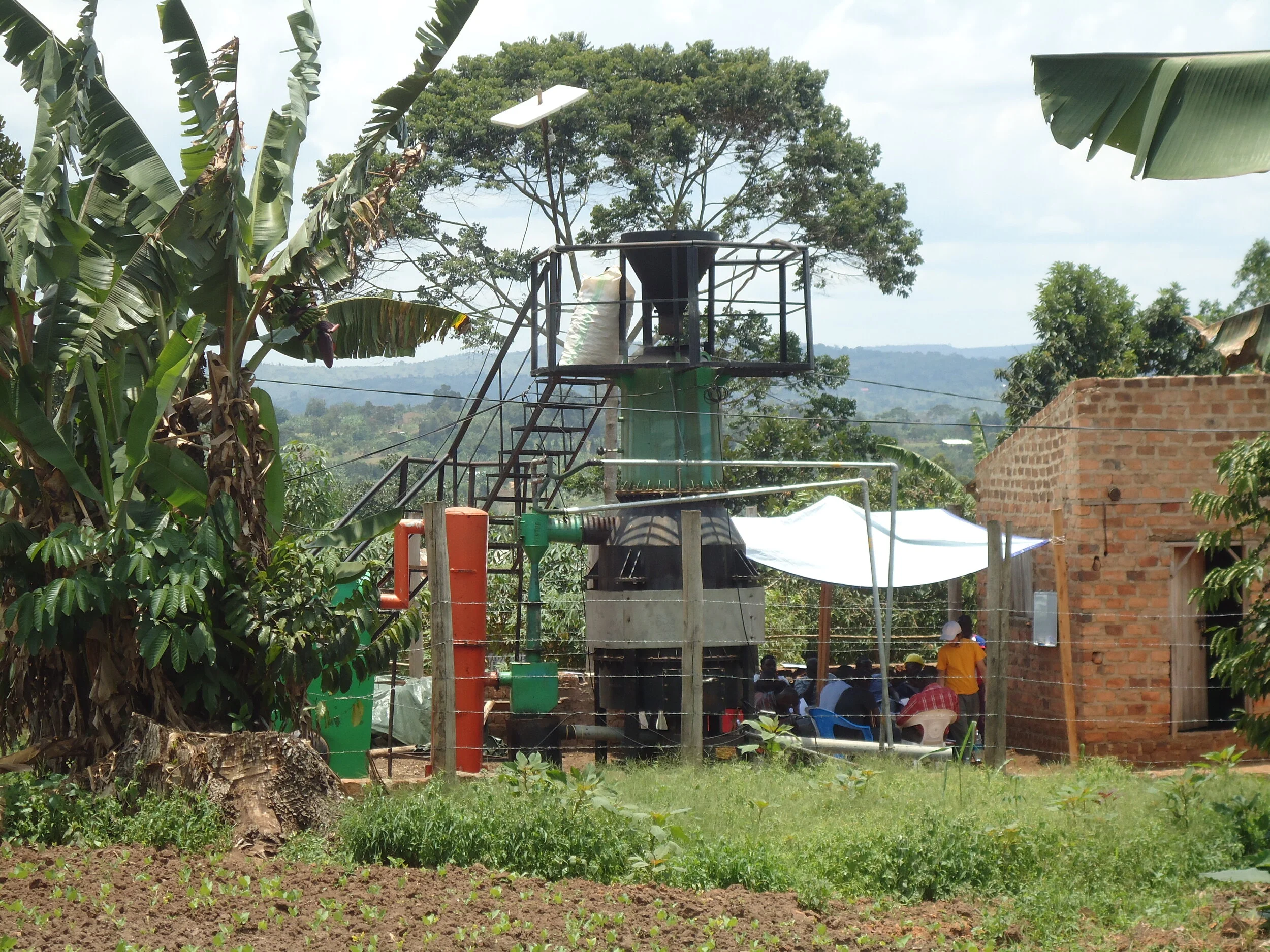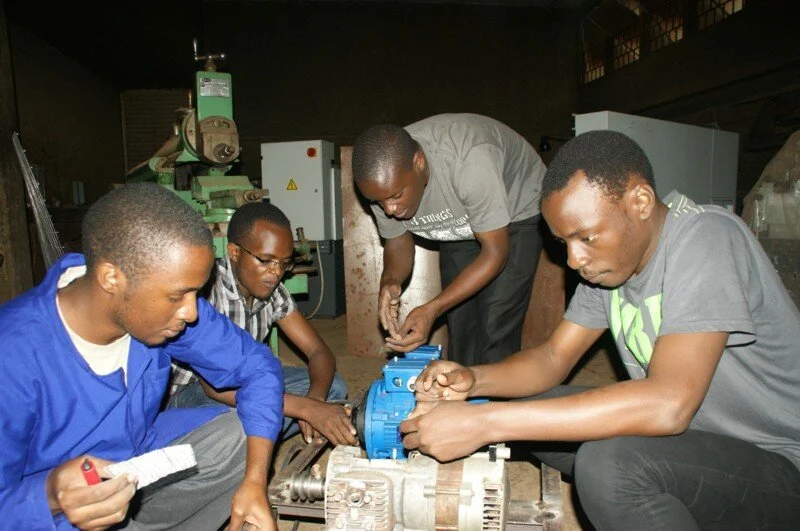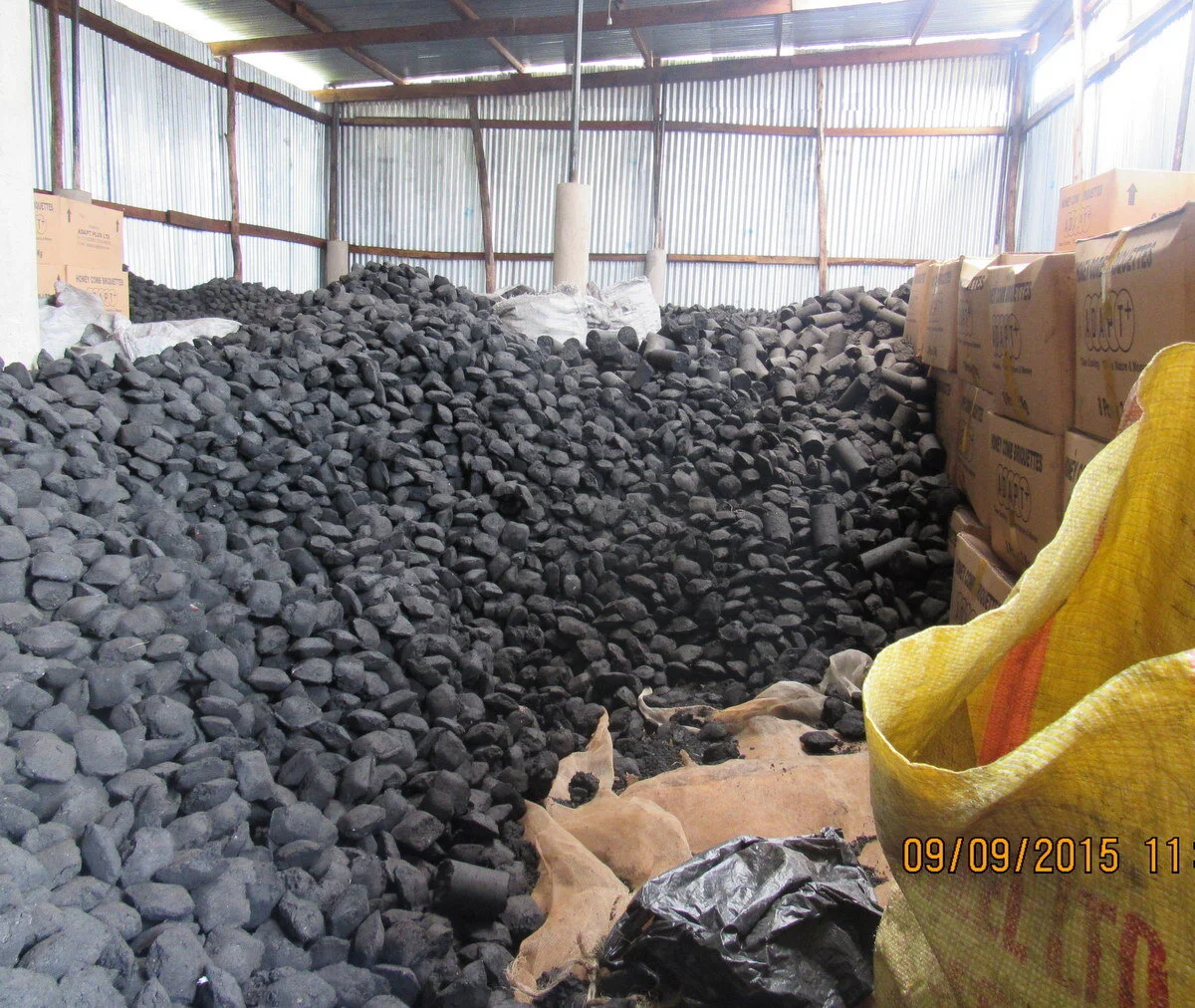Incubator for renewable energy in Uganda
Green entrepreneurship helps create jobs, increase income and promote more environment-friendly solutions. These were the goals when Norges Vel took the initiative to start an incubator for economic development in the field of renewable energy in Uganda in 2011. The incubator established 14 green enterprises and supported 24 green entrepreneurs over a six-year period.
In Uganda, only 15 per cent of the inhabitants have access to electricity, but the figure in rural villages is only five per cent. Wood is the predominant source of energy, mainly charcoal (towns) and firewood (rural villages). Wood accounts for 80 per cent of total energy consumption, contributing to deforestation as well as indoor air pollution.
Access to electricity and renewable energy is critical for Uganda's industrial development. To stimulate economic growth, it is especially important to be able to develop the country's expertise in agricultural processing.
Country
Uganda
Periode
2011 - 2017
Contact
Partner
Donor
Green entrepreneurs turn problems into solutions
Green entrepreneurs address these challenges and turn problems into solutions. However, it is challenging to reach the market and create sustainable enterprises.
Consequently, the Renewable Energy Business Incubator (REBI) was established to provide support to enterprises in the field of renewable energy, increasing their chances of success. In addition, the project was to help secure access to clean energy and to reduce poverty.
REBI was established in 2011 with support from NCF (Nordic Climate Facility) and with subsequent support from Norad. Makerere University was a valuable partner in the implementation of the project.
The incubator is now an independent organisation, and has received support from Norway's embassy in Uganda.
Received a prestigious award
One of REBI's participating companies from 2013/2014, Adapt Plus Ltd., won the prestigious National Energy Globe Award Uganda in 2017. Adapt+ is a green enterprise that uses biowaste to make sustainable fuel briquettes for cooking.
Better cooking utensils and briquettes help mitigate deforestation and indoor pollution. In addition, children can go to school rather than spending time searching for firewood. At least 80 000 individuals have benefited from this green technology, not least in refugee camps, where firewood is in short supply.
Norges Vel's contribution and role
Project management and quality assurance
Technical assistance and advisory services in business development and technologies for renewable energy
Networking and contact with the Norwegian embassy, Innovation Norway and many other potential partners in the renewable sector
Results
Established and developed 14 green enterprises
Supported 24 green entrepreneurs
Created 160 job opportunities
Higher level of earnings for 160 individuals and their families
Improved access to renewable energy for more than 30 000 people, most of them refugees
Better health in local communities through access to environment-friendly fuel briquettes for cooking
Less deforestation and fewer emissions of greenhouse gases
The sustainability goals in the project
In the autumn of 2015, UN member states adopted 17 goals for sustainable development by 2030. All of Norges Vels' projects support the sustainability goals.
This project contributes to:





